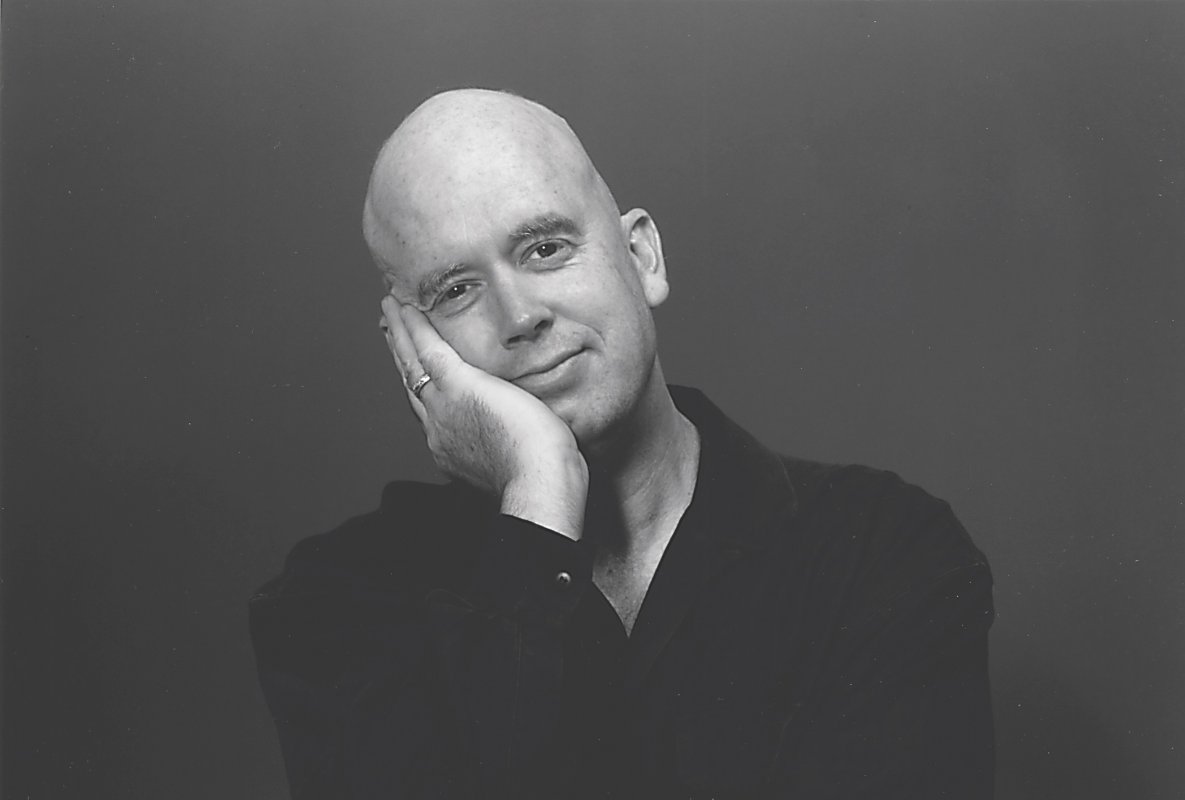Rinde Eckert2009
Ethics, god, idealism, national identity, the elusiveness of faith. How we shape our mythos and our romantic notions. With a virtuosic command of gesture, language, and song, writer, composer, librettist, musician, performer, and director, total theatre artist Rinde Eckert moves beyond the boundaries of what a 'play,' a 'dance piece,' an 'opera' or 'musical' might be, in the service of grappling with complex issues. Eckert makes solo work, chamber pieces, and through-composed operas with larger casts, and has long collaborated with other art makers including choreographer Margaret Jenkins, composers Steven Mackey and Paul Dresher, directors Robert Woodruff and David Schweizer, and the new music ensemble, Eighth Blackbird. Building a link between ideas and people, as between theatre and science, he's even bringing together a university drama department and medical school. Thinkers and writers, including W.B. Yeats, Dante, Homer, and theologian Reinhold Niebuhr, frequently inspire Eckert's musical and literary motifs. Studying Melville's Moby Dick led to his best-known work, And God Created Great Whales. And who peoples his work? A composer trying to write an opera while losing his memory. A man who commits suicide sailing solo around the world. A Mafia accountant with a change of heart. Eckert describes many of his characters as "little men with big ideas whose consequences of their hubris are often disastrous." Sometimes tragic and austere, sometimes broadly comedic, entirely grounded by presence, Eckert's work is alchemical: moving from rumination and distillation to hard-won illumination, or its lack.
"I have been trying to build a theatrical logic that is fiercely interdisciplinary - a theatre that accepts various modalities of meaning and feeling without subordinating one to the other. My work occurs on stage with lights and sound, and usually music, and is deeply concerned with language, using various theatrical forms to say what I have to say. I am interested more in poetic gestalt that in narrative, though there is usually a central narrative that I treat as a kind of fugue subject or governing metaphor. I need to feel I'm learning with each new project, and that each work is a piece of a much larger puzzle. I think I do my best work in an atmosphere of joy and critical thought, in that order. There is such a thing as soul and good theatre elevates it."


